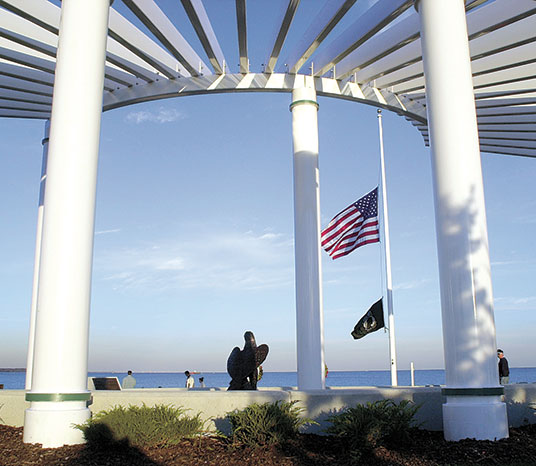By JACQUELINE DURETT
Correspondent
SAYREVILLE — Whether the borough will approve the zoning changes required for its affordable housing plan is uncertain and possibly puts the borough’s settlement at risk.
Borough Attorney Michael DuPont told the council at the Feb. 13 meeting that Municipal Planner John Leoncavallo had provided him with draft ordinances and resolutions that the Planning Board had approved. He was requesting authorization to proceed with preparing them for council approval.
That approval would ensure five parcels of land could accommodate 799 new units in the borough, 120 of them being considered affordable housing. It would also ensure the borough was able to fulfill what it committed to in its affordable housing settlement in court.
However, at the meeting council members took issue with the zoning changes captured in those ordinances.
“I’m not prepared to change any zoning ordinances to increase zoning for any developer,” Councilwoman Mary Novak said. “Or to change something to a residential from something that’s zoned industrial.”
Councilwoman Victoria Kilpatrick and Council President Dan Buchanan agreed.
“We have a lot of overcrowding throughout our borough and it’s only getting worse,” Buchanan added. “To change the zoning to increase density would just set us back even further.”
Councilman Steven Grillo pointed out that the council had preliminarily approved that plan last year and added that not advancing the plan could expose the borough to a lawsuit because it would be in violation of a court order.
Novak said, however, that while she agreed to the amount of units captured in the plan, she did not agree to rezoning any parcels.
“That’s not what was explained to me,” she said.
Buchanan agreed that zoning changes were not disclosed during discussions.
Mayor Kennedy O’Brien also expressed concerns about a builder’s remedy lawsuit should the council not approve the plan.
“If this governing body fails to come up with an acceptable plan, then it will be taken from us and the courts will decide what will be built and what zoning will change,” he said. “So it’s always a question — do we want to remain in control or do we not want to remain in control?”
Grillo said after the meeting that he felt the opposition to the affordable housing plan was a political tactic.
“My colleagues are willing to place Sayreville and its taxpayers at a substantial risk for what can only be political reasons,” he said. “Through the hard work of borough professionals and the planning board, Sayreville has been given an opportunity to meet our court-mandated requirement in a responsible way. I plan to advance this work and ensure that Sayreville is in compliance with the law.”
He said he felt the 799 units built over a decade that the plan outlines is appropriate and represented a “pretty sensible rate of development.”
He also pointed out that the borough spent a lot of money on developing an affordable housing plan.
DuPont said he would talk with Leoncavallo and Planning Board Attorney Larry Sachs about the council’s reservations.

